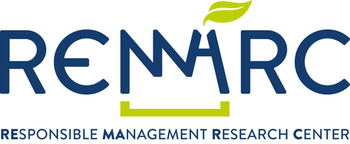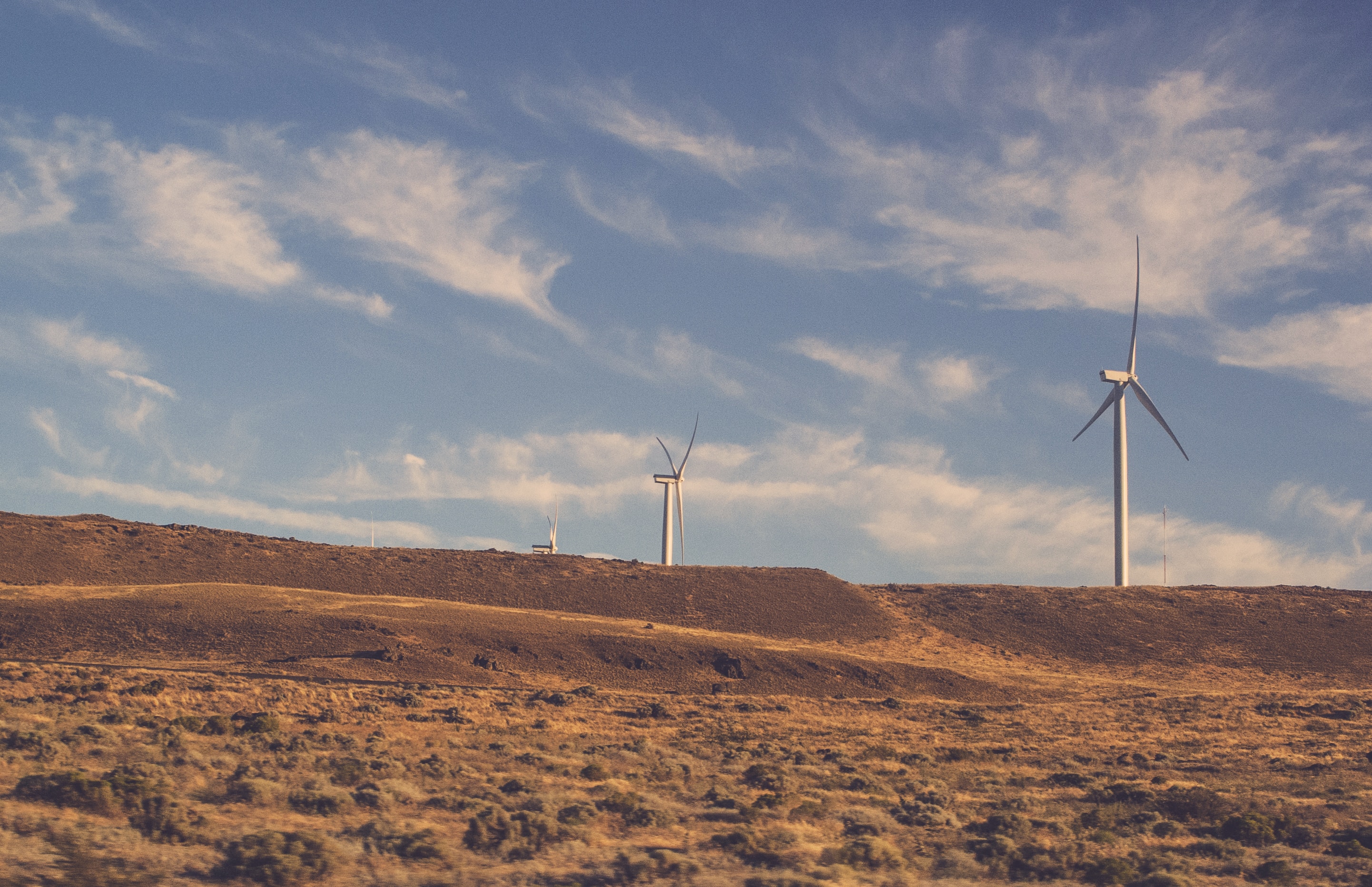Simone D’Alessandro gives a seminar on “Alternatives to Green Growth: Low-Carbon Transition Needs Social Equity” at the RFF-CMCC European Institute for Economics & the Environment
The paper is co-authored with André Cieplinski, Tiziano Distefano, and Kristofer Dittmer
Abstract:
Climate change and increasing inequality have emerged as twin threats to contemporary standards of living, peace, and democracy. A wide range of public policies, usually as bold and far-reaching as challenges they aim to overcome, have been proposed, questioned, and often deemed economically and politically unfeasible. To challenge this view we develop a dynamic macrosimulation model, at a national level, which investigates the long-run effects of three policy mixes: Green Growth, Policies for Social Equity, and De-Growth. The Green Growth scenario, based on technological progress and environmental policies, achieves a significant reduction in greenhouse gas emissions, at the cost of increasing income inequality and unemployment rates. The Policies for Social Equity scenario includes additional social policies and achieves similar environmental performance while improving social indicators at a fiscal cost. The De-Growth scenario complements the Policies for Social Equity with a reduction in consumption, and further curtails emissions and inequality. This study concludes that radical social policies are not only economically viable but also necessary to make the struggle against climate change socially sustainable.



